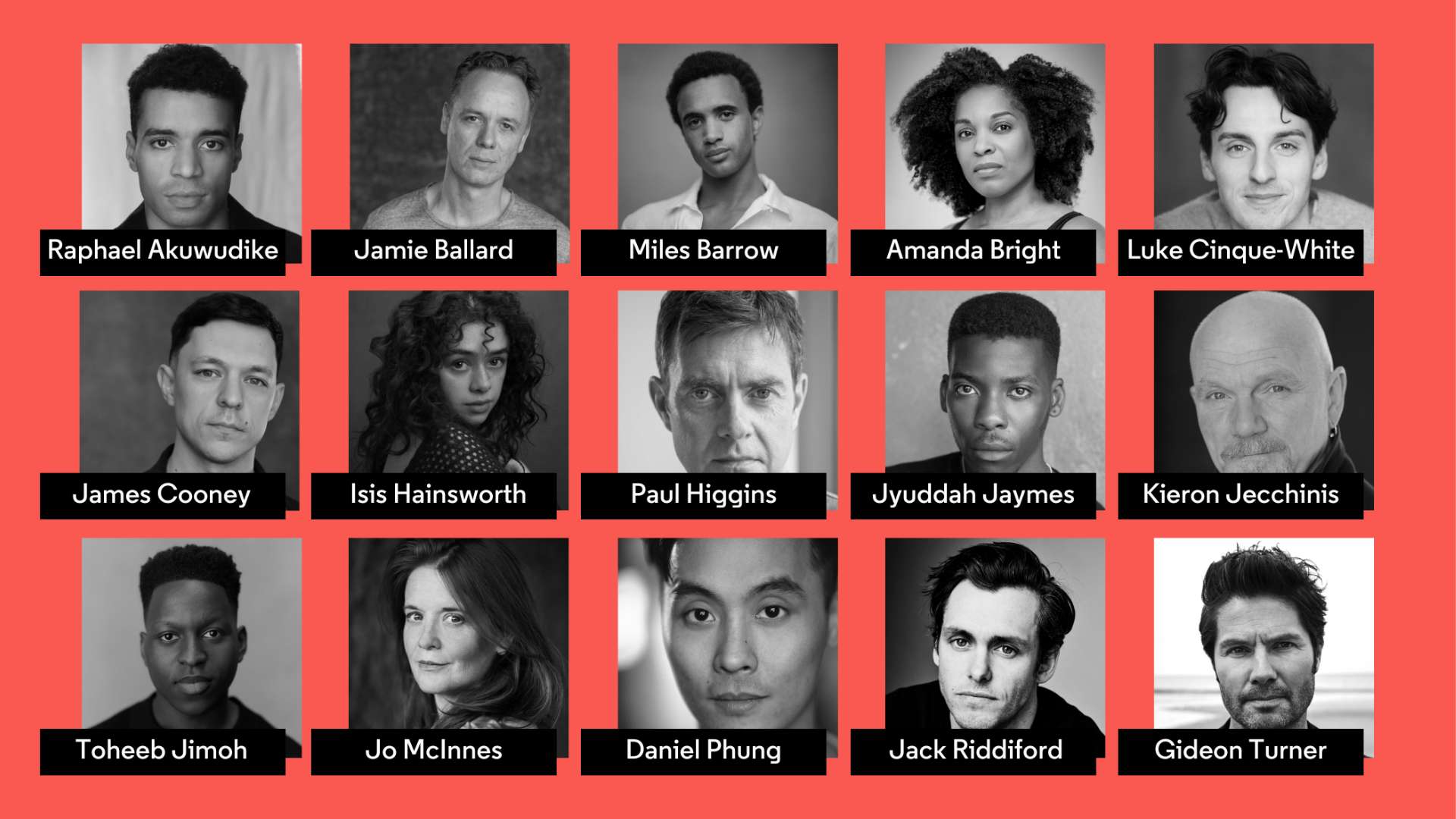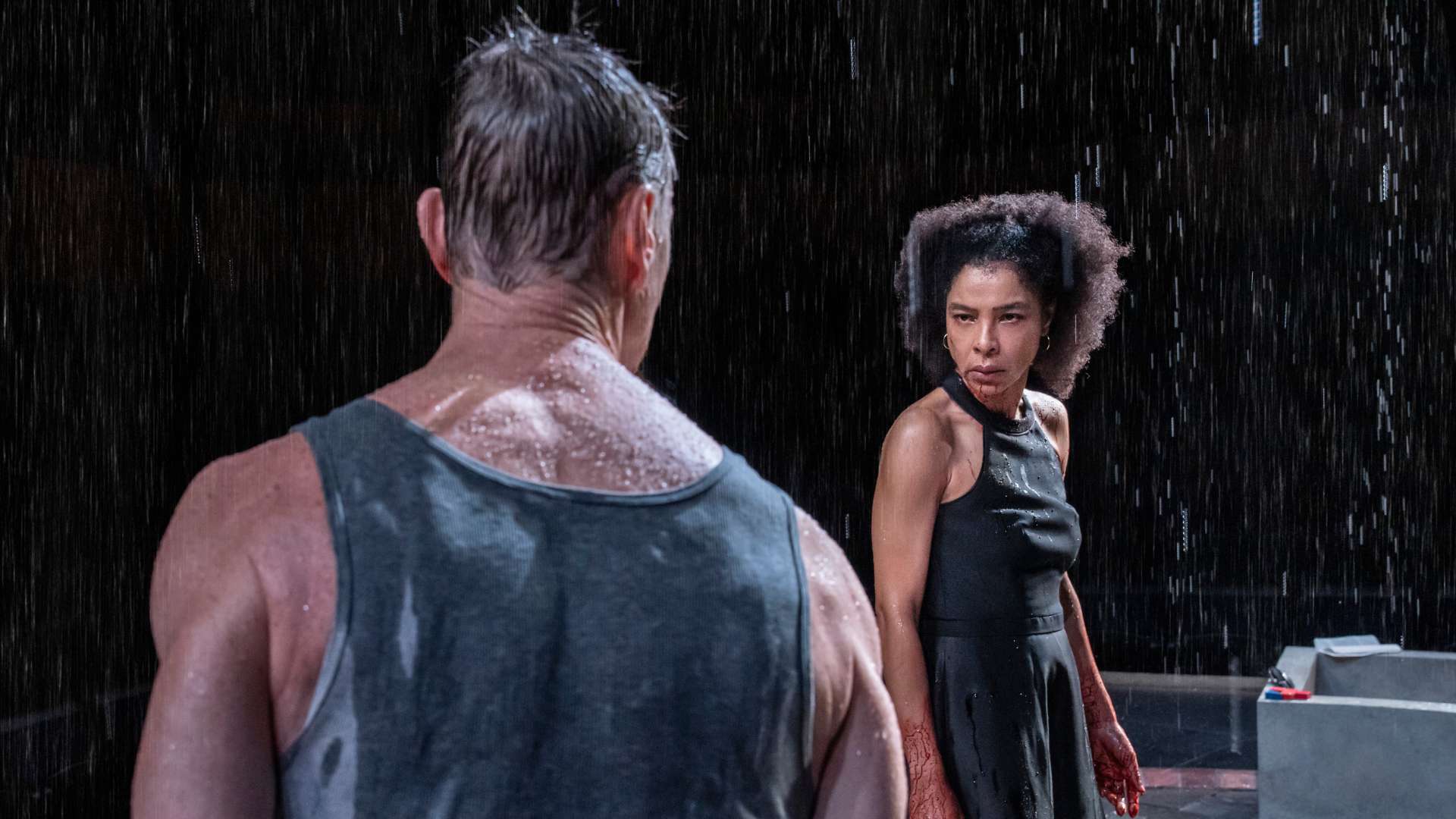Janet Kumah appears in for all the women who thought they were Mad by Zawe Ashton and directed by Associate Director of Hackney Showroom, Jo McInnes.
for all the women who thought they were Mad featuring Janet Kumah opens at Stoke Newington Town Hall on 17 October, with previews from 14 October, and runs until 9 November – marking Hackney Showroom’s a new partnership with the London Borough of Hackney to bring theatre to Stoke Newington Town Hall.
You’re appearing in for all the women who thought they were Mad what can you tell us about it?
Our director quoted a review (I’m paraphrasing), that questioned – why it had taken so long for a piece like this to be staged. I think that is a very good question, I would echo that.
This piece gives platform to a voice that you’ve been convinced doesn’t exist.
What was that it appealed to you most about this play?
The sisterhood of ‘The Flourish’ – that is, the women in the play that take on the figures of mother, sister, aunt, daughter, work colleague. ‘The Flourish’, in this text, is the name given to the 5 women in the play that are part of ‘the tell’.- They are held together by love, their connections are deep and intricate; and they grieve together whilst unearthing their own mental health traumas.
Why do you think the subject is so relevant today?
Because it gives black women especially, permission to:
Acknowledge – the micro-aggression’s that are pain and trauma;
Acknowledge – the ways in which trauma has been normalised;
And, acknowledge the specific forms of violence that are enacted because of the colour of a woman’s skin. Given the current political climate it’s so very important that the conversations we have penetrate deeper.
This is Zawe Ashton’s first play, what has impressed you most about the writing?
The unapologetic rawness of emotion. It’s very to the bone, its vulnerable and demands that actor, director and audience ‘be’ in this space together.
Why do you think it’s important that plays like this one come to Stoke Newington?
Because it’s not a ‘theatre venue’, in the traditional sense. This play especially is a piece that defies traditional theatrical conventions, the venue like the language of the play sets you up to be ‘open’ and ‘experience’ the play viscerally.
What would you say to anyone thinking of coming to see in for all the women who thought they were Mad ?
Why are you ‘thinking?’ just come. And when you do come give yourself permission to experience and react without breaking things down with the intellect.

















